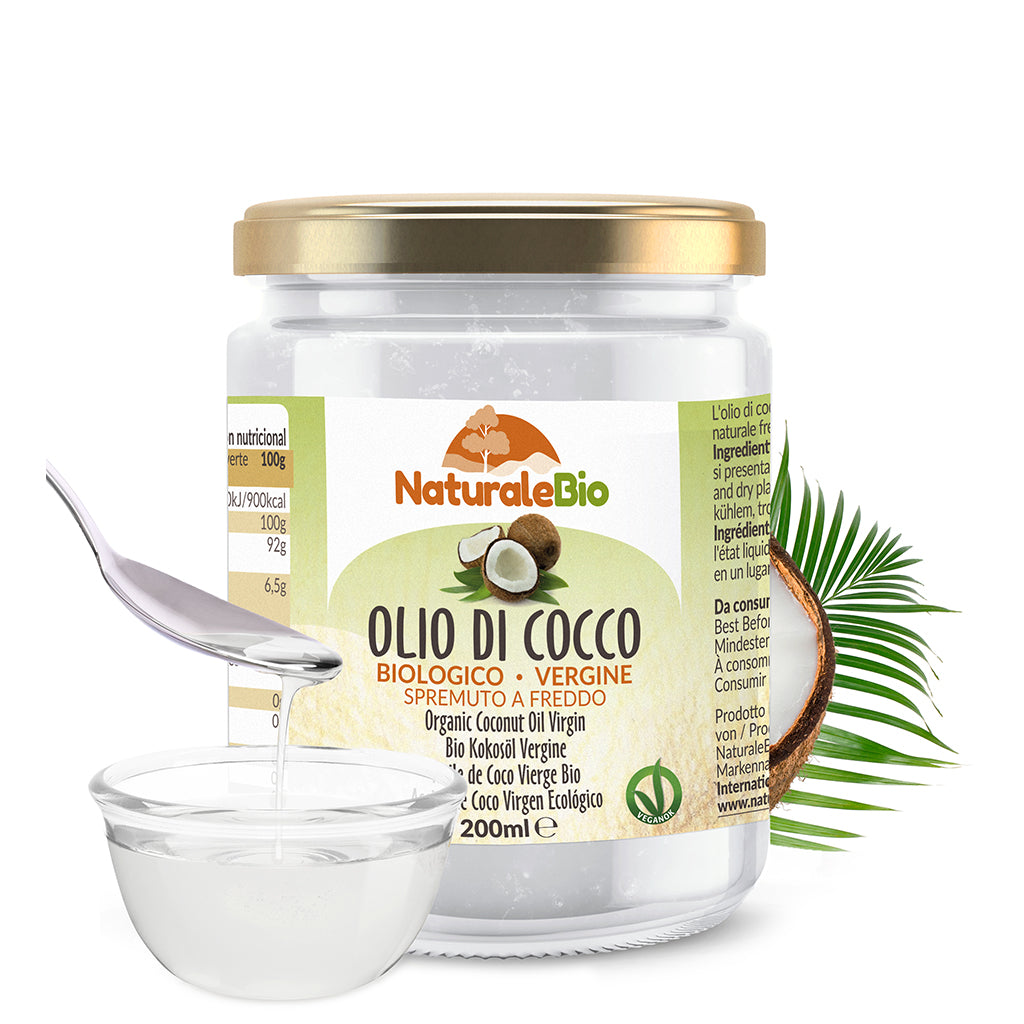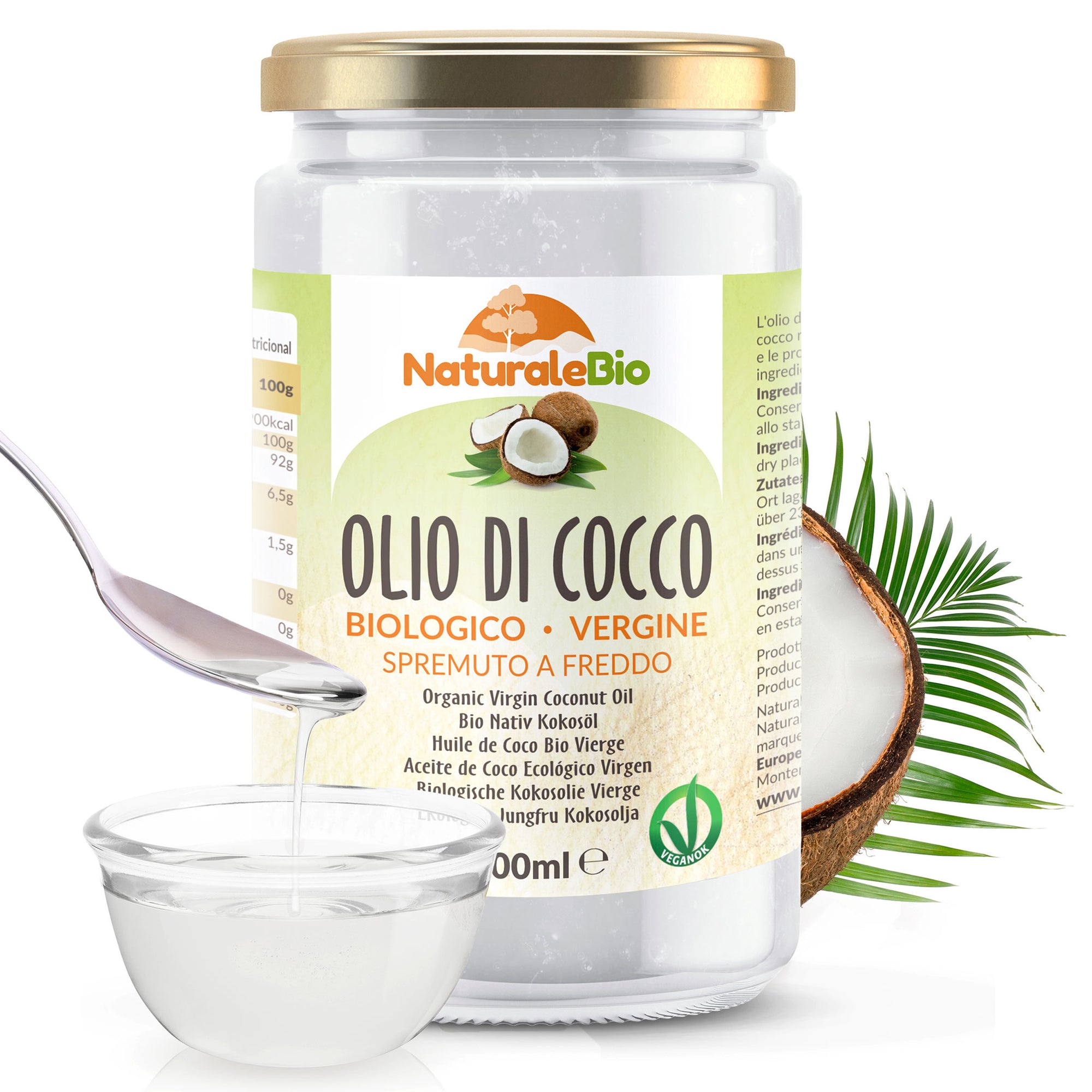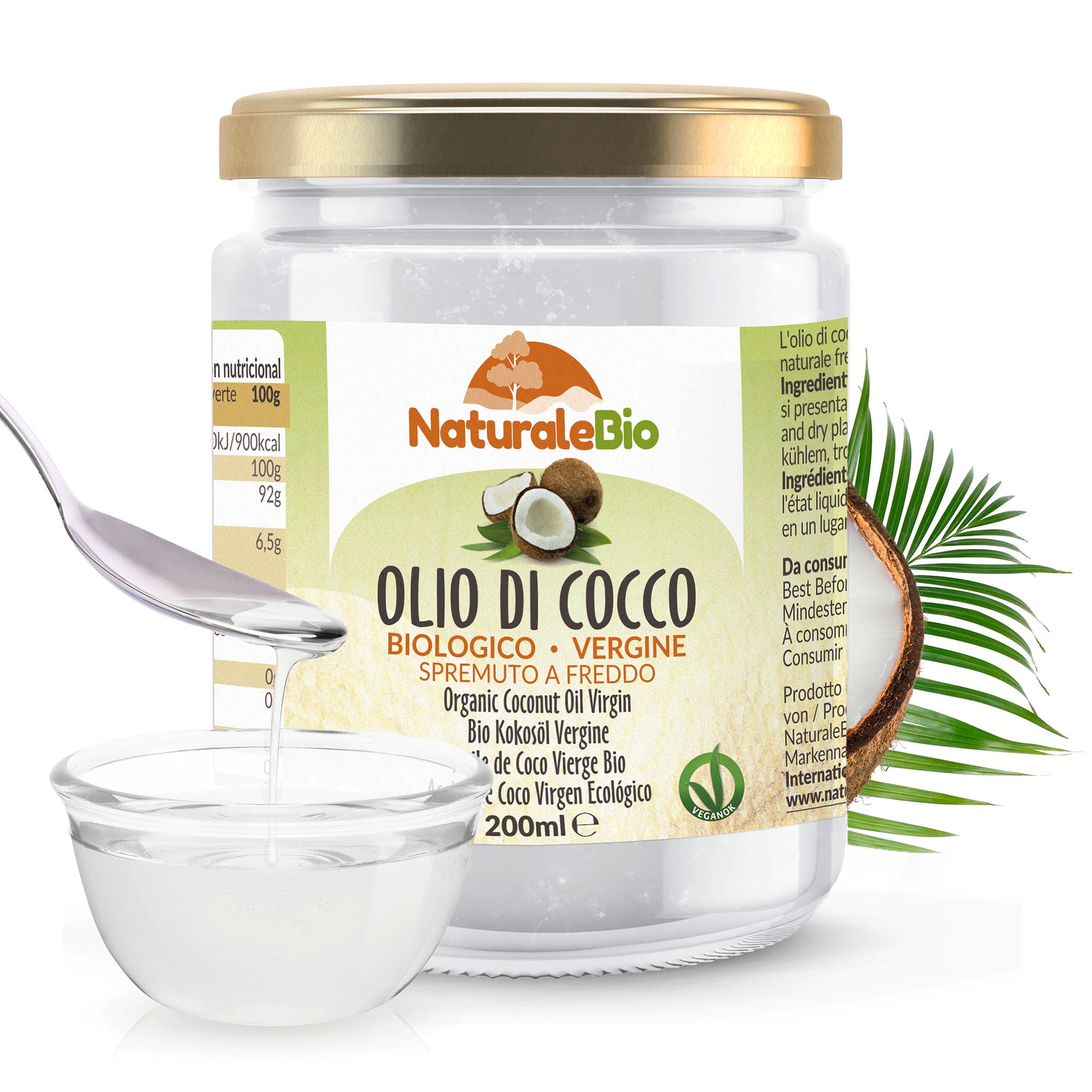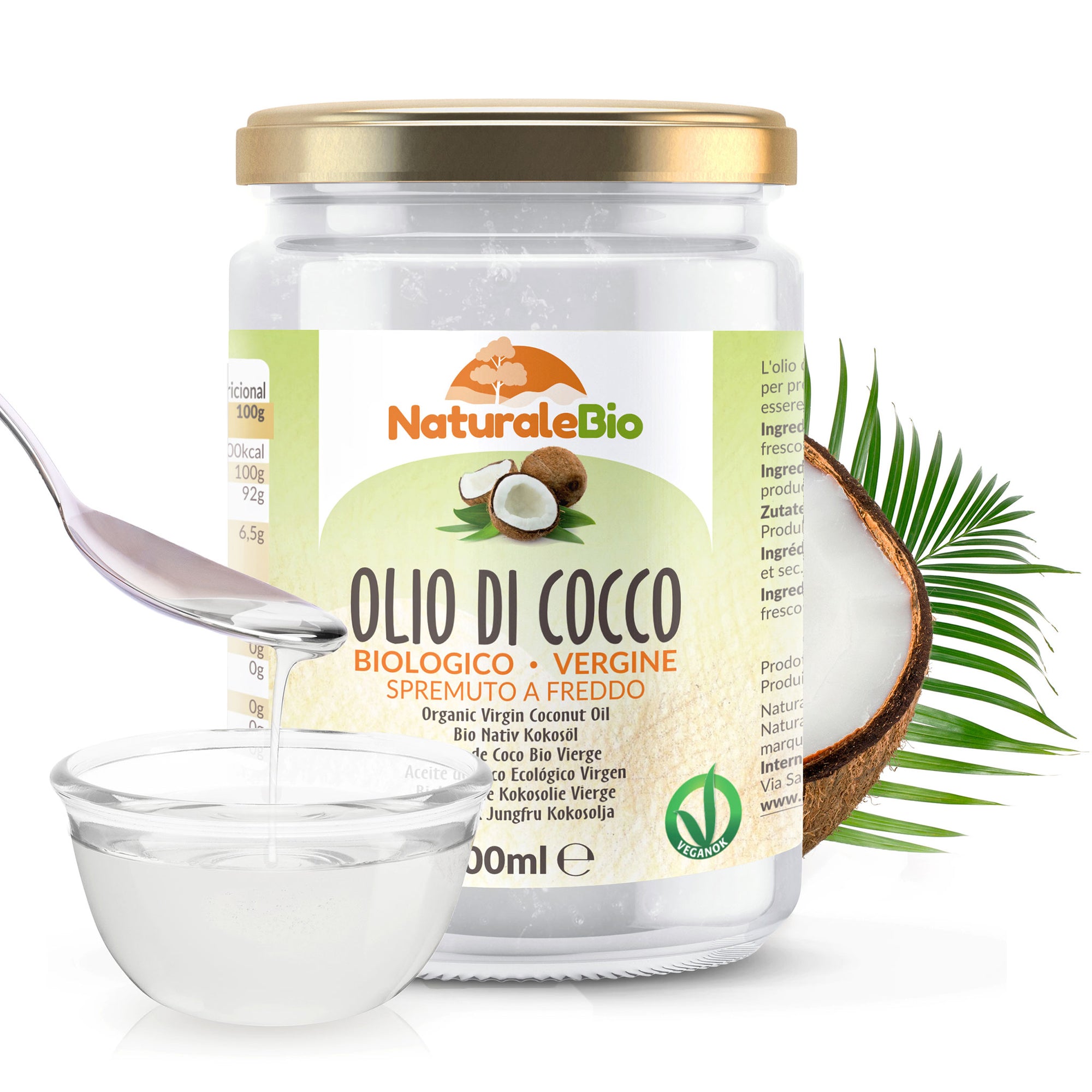
Coconut oil for the skin: 13 ways to use it in body care
Have you noticed how women living in regions where coconut oil is a staple in their diet and skincare routines have beautiful, healthy hair and radiant skin?
In places like Sri Lanka, India, the Philippines, and Thailand, women have gorgeous, long, well-cared-for hair and their skin always looks youthful and fresh.
This is not a coincidence. The beneficial properties of coconut oil work from the inside out, making you feel beautiful both inside and out.
Why Use Coconut Oil for Your Skin?
Coconut oil is a plant-based fat derived from naturally dried coconut pulp, then cold-pressed to preserve its nutritional qualities. It is one of the richest sources of saturated fats, with almost 90% of its fatty acids being saturated.
Medium-chain fatty acids in coconut oil have antimicrobial properties, with lauric acid being particularly effective. Monolaurin, a monoglyceride formed from the breakdown of lauric acid, is very potent. Coconut oil can protect us from bacteria that cause infections and its antimicrobial properties extend to the skin, making it healthier and more beautiful.
How to Apply Coconut Oil to Your Skin
Moisturizer for the Body
Especially during cold weather, dry and dehydrated skin is common, particularly on the legs and arms. Coconut oil is a wonderful, natural alternative to expensive moisturizers and lotions, which often contain harmful chemicals. Using coconut oil for your body is a natural and healthy choice as it is 100% pure. Apply a small amount of coconut oil after a relaxing bath or a warm shower on damp skin. Frequent use will form a protective layer on the skin, keeping it soft and hydrated for a long time. Add a few drops of essential oils like lavender, chamomile, or rose for a relaxing note, or mint and rosemary for a more invigorating effect.Hand and Foot Moisturizer
For cold or chapped hands, massage them with a few drops of coconut oil. For dry, cracked feet, especially the heel area, massage with coconut oil every night before bed and cover with clean socks. You'll notice a difference in just a few days with soft, hydrated hands and feet. It's also effective for treating bothersome cuticles or hangnails.Natural Scrub
Coconut oil is a versatile ingredient and an excellent base for a natural exfoliant. Here's a quick recipe for a scrub that hydrates and rejuvenates the skin by removing dead cells:
Ingredients:2 tablespoons of coffee
2 tablespoons of sugar (preferably brown or coconut)
3 tablespoons of coconut oil
1 teaspoon of cinnamon (optional)
Detailed Recipe: Check out our guide to making a natural scrub with coconut oil.
Massage Oil
A massage with this extraordinary oil allows the body to absorb all its beneficial properties, offering a moment of personal well-being and relaxation. Choose a comfortable place with soft lighting and relaxing background music. One or two tablespoons of coconut oil are enough for an effective massage.Shaving Cream
For both women and men, coconut oil can be a natural alternative to shaving foam or aftershave creams. It hydrates and nourishes the skin simultaneously. If you use wax, coconut oil after waxing removes all traces of wax and leaves the skin hydrated, preventing redness and irritation.Soothing Bath
For a relaxing moment with a warm bath, dissolve a couple of tablespoons of coconut oil in the tub before soaking. It will make your skin soft, radiant, and hydrated.Care for Heels and Elbows
For dry, cracked heels or elbows, hydrate with coconut oil and regularly scrub. Mix coconut oil with coarse salt and massage the elbow and heel areas. This will remove dry skin while deeply nourishing it.Preventing Stretch Marks
Coconut oil helps maintain skin elasticity, prevents unsightly stretch marks, and helps lighten existing ones. Ideal during weight loss or pregnancy, massage it into hips, buttocks, stomach, breasts, or any area you want to hydrate.Minor Burns and Abrasions
For minor burns, apply coconut oil to the affected area to promote tissue healing. It also aids the healing process of small wounds or abrasions. Even for scars, it helps keep them elastic and lightens them.Vaginal Lubricant
Being a natural and pure product, it is safe to use on delicate areas such as intimate parts. Coconut oil has beneficial properties, with lauric acid being particularly effective against candida. Refer to studies like "In vitro evaluation of antifungal activity of monolaurin against Candida albicans biofilms" for more information.Natural Deodorant
You can apply pure coconut oil or mix it with baking soda directly to the underarm area. Coconut oil is a healthy, natural alternative to common deodorants, which often contain harmful chemicals like aluminium. It prevents bad odours for hours.Soothing After-Sun
Coconut oil has an SPF-4 protection factor. While it's not high enough for sun exposure, it can be used as an effective after-sun to calm sunburns, soothing the burn and itch from sunburns, and hydrating the skin.Treating Skin Spots
Mixing coconut oil with baking soda can be effective for scars, spots, acne, psoriasis, and eczema. Baking soda is alkaline, antiseptic, soothing, and exfoliating, combating excessive sebum production. Coconut oil is antibacterial and antifungal, capable of regenerating cells and deeply hydrating. The proportions depend on your skin type and desired results. For sensitive skin, use 2 parts coconut oil to 1 part baking soda. For a stronger mix, use a 1:1 ratio. Apply the mixture locally, let it sit for a few minutes (no more than 5), or rinse immediately with warm water, massaging gently in circular motions.
These are just a few tips on how to use coconut oil for your skin.
Which Coconut Oil to Buy?
It's important to choose virgin, organic, 100% pure, cold-pressed coconut oil to retain all its properties. Organic products are certified by control bodies and should have a green leaf on the label. Read the label carefully to ensure you're buying a pure, natural product, free from chemicals and harmful substances.
Recommended products
-
Quick shop for Coconut Oil
Liquid error (snippets/product-card line 333): product form must be given a product






0 comments